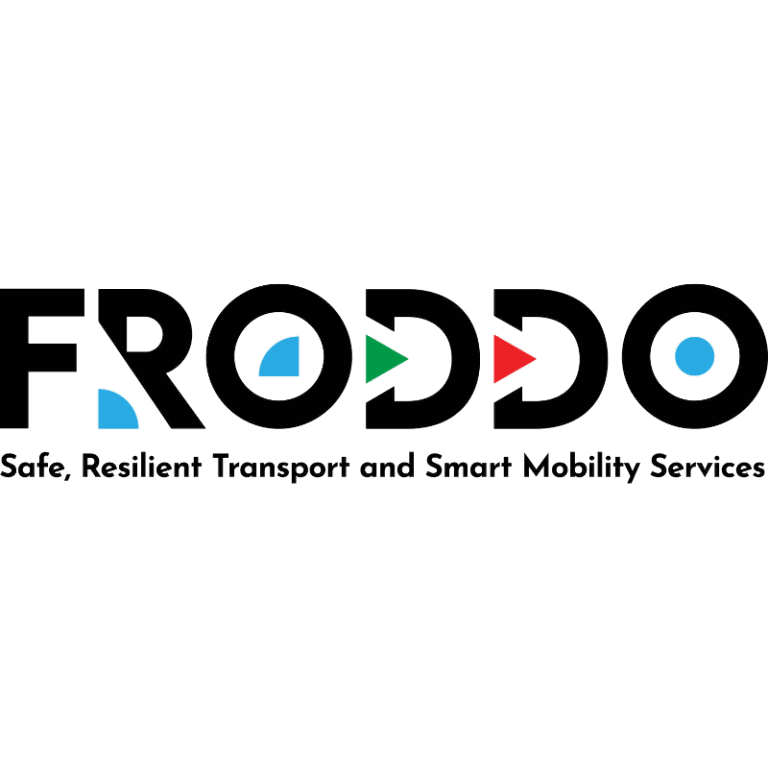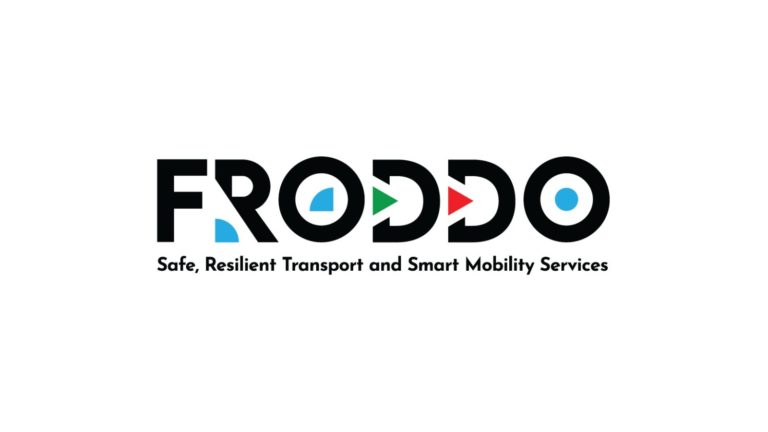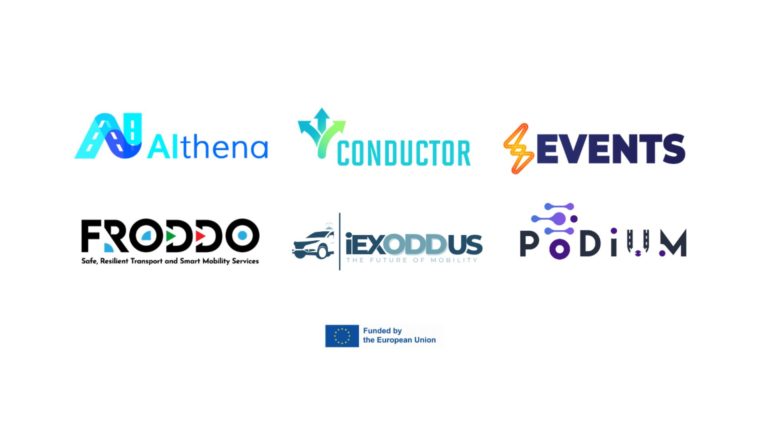FRODDO
The operational context is the cornerstone to ensure performance and safety of CCAM. The ODD, by design, defines the operating environment for which a system is designed for. On the other hand, Authorities and Road Operators are responsible for operating the PDI with a variety of vehicles and systems with limited knowledge on the diverse ODD specifications. To answer the question of how safe is a CCAM service, one should not only address the ODD used for shaping the functional boundaries of CCAM (top down), but also the infrastructure, system related, safe and secure communications related and conditions (traffic, weather, hazards) related aspects of the road environment these systems will operate (bottom up). The grande challenge is to design broader ODDs that allow for cooperation with the PDI in a safe system design framework; the industry cannot unilaterally develop and operate sustainable and robust ODDs without the feedback from Authorities and Operators. Future ODDs should be designed with many redundancies (fail safe design) to allow for increased tolerance to vehicle- and context-specific capabilities and human errors and cooperate with physical and digital road infrastructure to boost proactive safety; Seamless, safe and secure physical and digital environments must coexist and collaborate to allow for the appropriate levels of data, information and decisions flow. FRODDO’s vision is a future of robust, safe, secure and seamless connectivity and automation that can adapt to physical, technological and social challenges and support user centric mobility and development. FRODDO’s overarching aim is to develop and test a complete suite of methods and tools based on the principles of safe systems design in a federated DT environment leveraging advanced sensing, ML, hybrid AI and simulation to account for increasing adaptability and sustainability of ODDs to complex and dynamically changing road contexts and allow for improved management of CCAM-enabled PDI.


